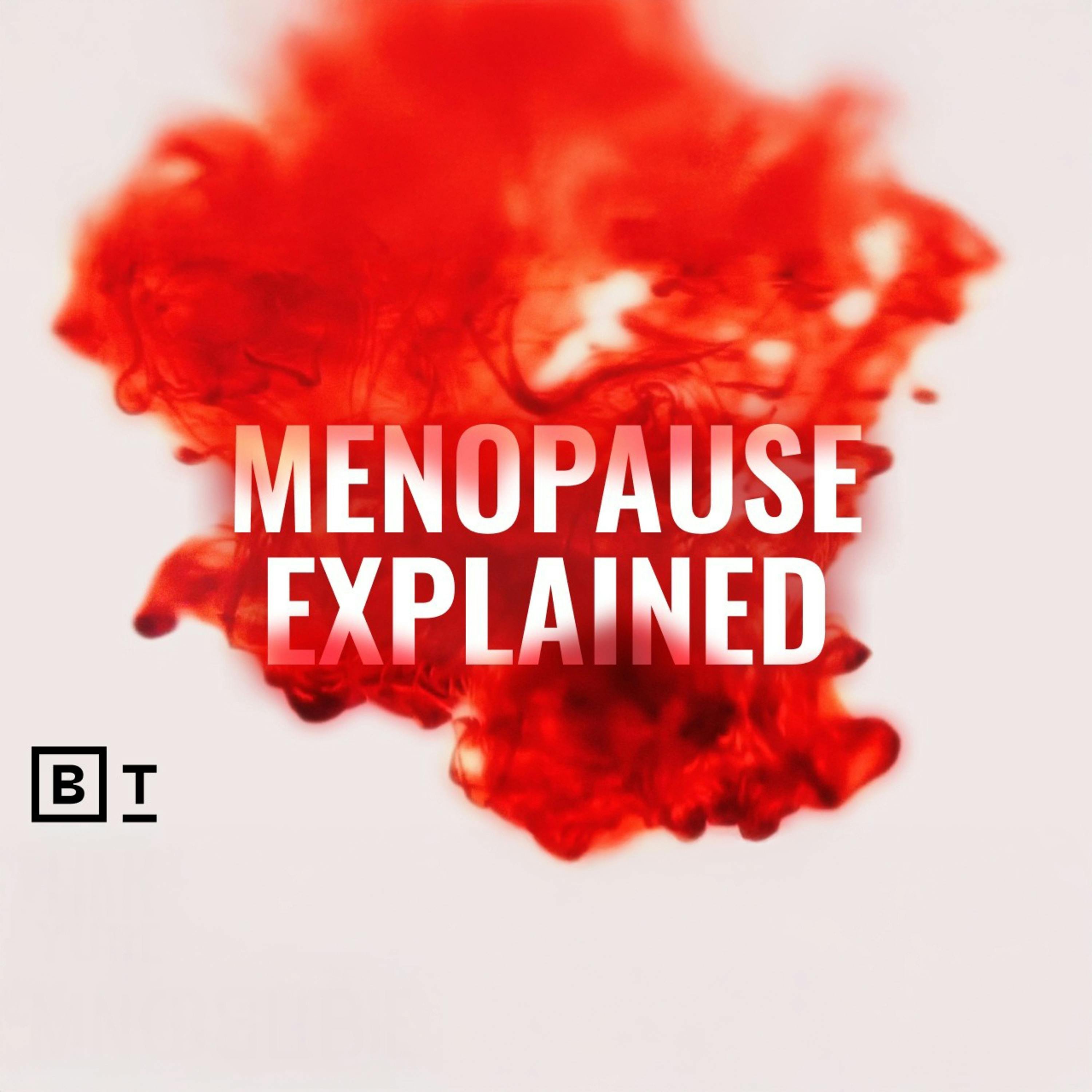Psychopathy can be treated—but here’s why it rarely is | Prof. Abigail Marsh
Description
Psychopathy is actually a spectrum, and care is the variable that differentiates true psychopaths from highly empathetic people. Here’s why that matters, and how it can be treated, according to Professor Abigail Marsh.
Humans are among the most altruistic species that we’ve studied, due to our alloparental instincts – a trait we evolved into that allows us to care for offspring who are not our own. Across species, the ones who alloparent the most appear to be the most altruistic. Very altruistic people seem to be the opposite of those who are psychopathic in terms of their neural structure, neural function, and characteristic emotional traits.
Science has been studying psychopathy for decades, but only more recently have we been identifying the basic neurocognitive building blocks of those deficits in psychopathy, says Abigail Marsh, PhD.
Here, Marsh explains how the psychopathic break is different, early warning signs that may indicate a lack of empathy, and how psychopathy can be treated.
Timestamps:
0:00 - The psychopathy spectrum
1:08 - An alloparental species
2:32 - The physiology of psychopathy
5:53 - The lateral prefrontal cortex
6:29 - Treating psychopathy
About Abigail Marsh:
Abigail Marsh is a Professor in the Department of Psychology and the Interdisciplinary Neuroscience Program at Georgetown University. She received her PhD in Social Psychology from Harvard University in 2004.
Folllow this Podcast for daily Episodes
---------------------------------------------------------06:30-17
----------------------------
Learn more about your ad choices. Visit megaphone.fm/adchoices

























